
Home
Learning
God for an exile
Cate Thorn explores the poetry of Isaiah

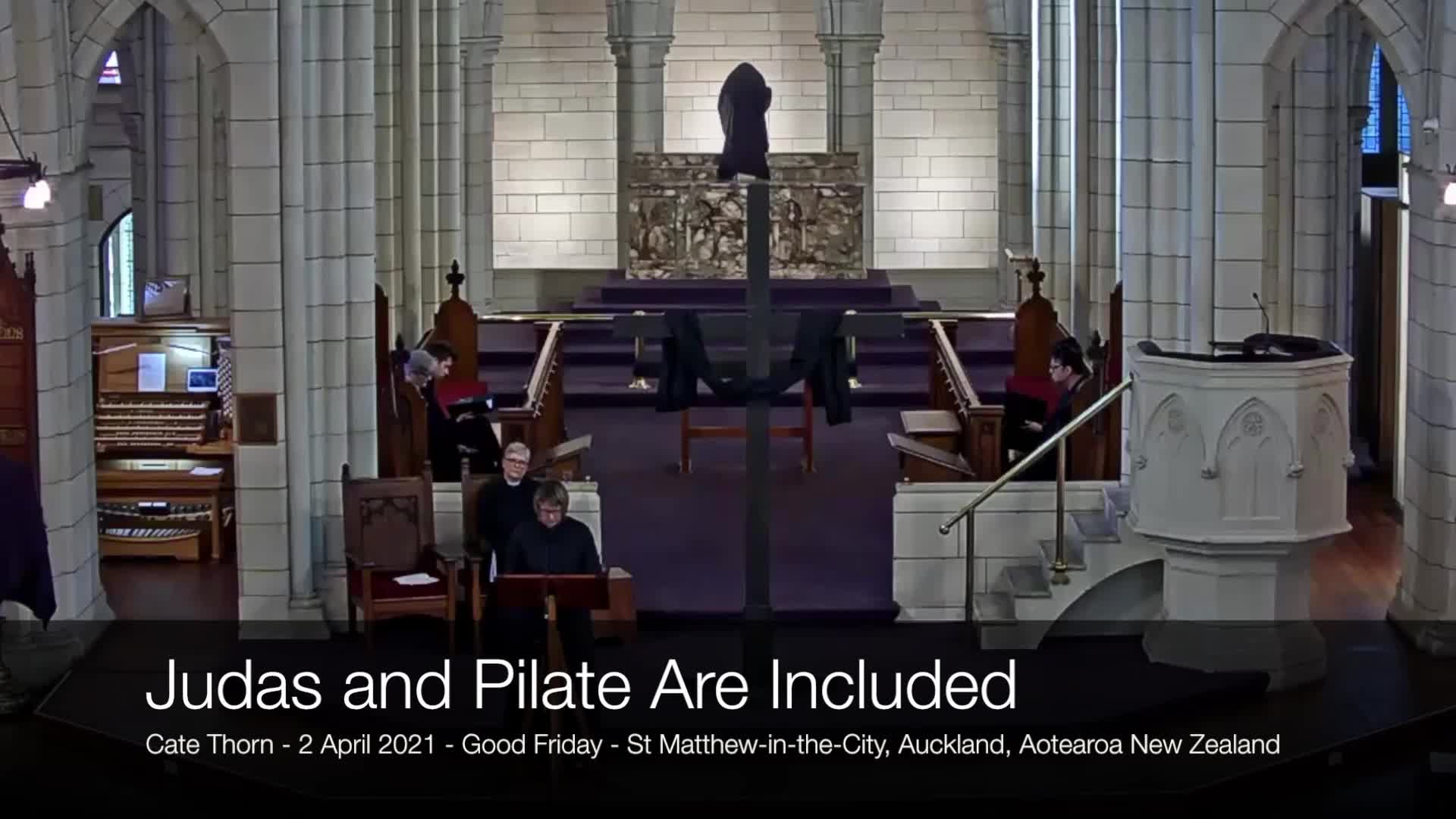
Judas and Pilate are included
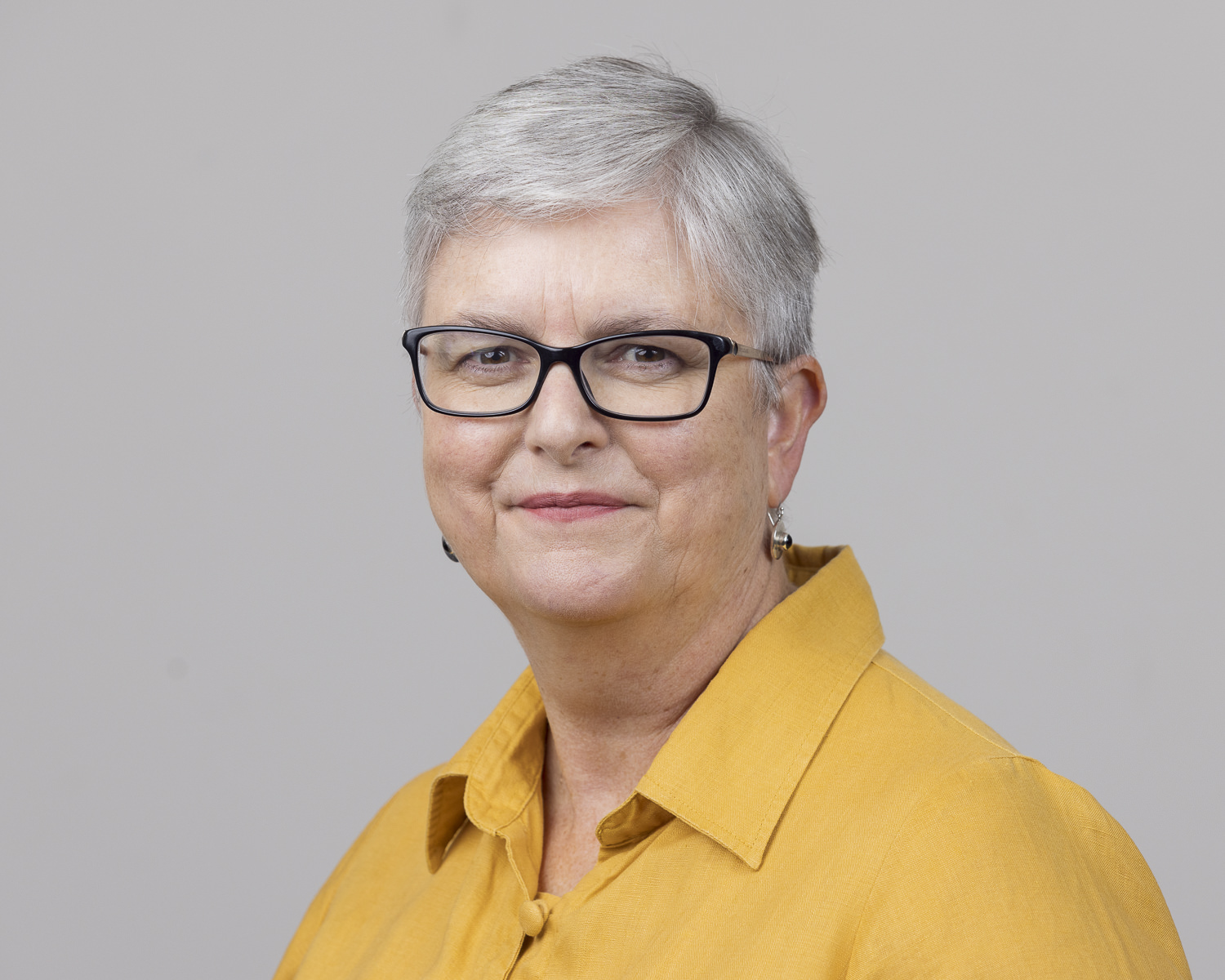
Media interviews
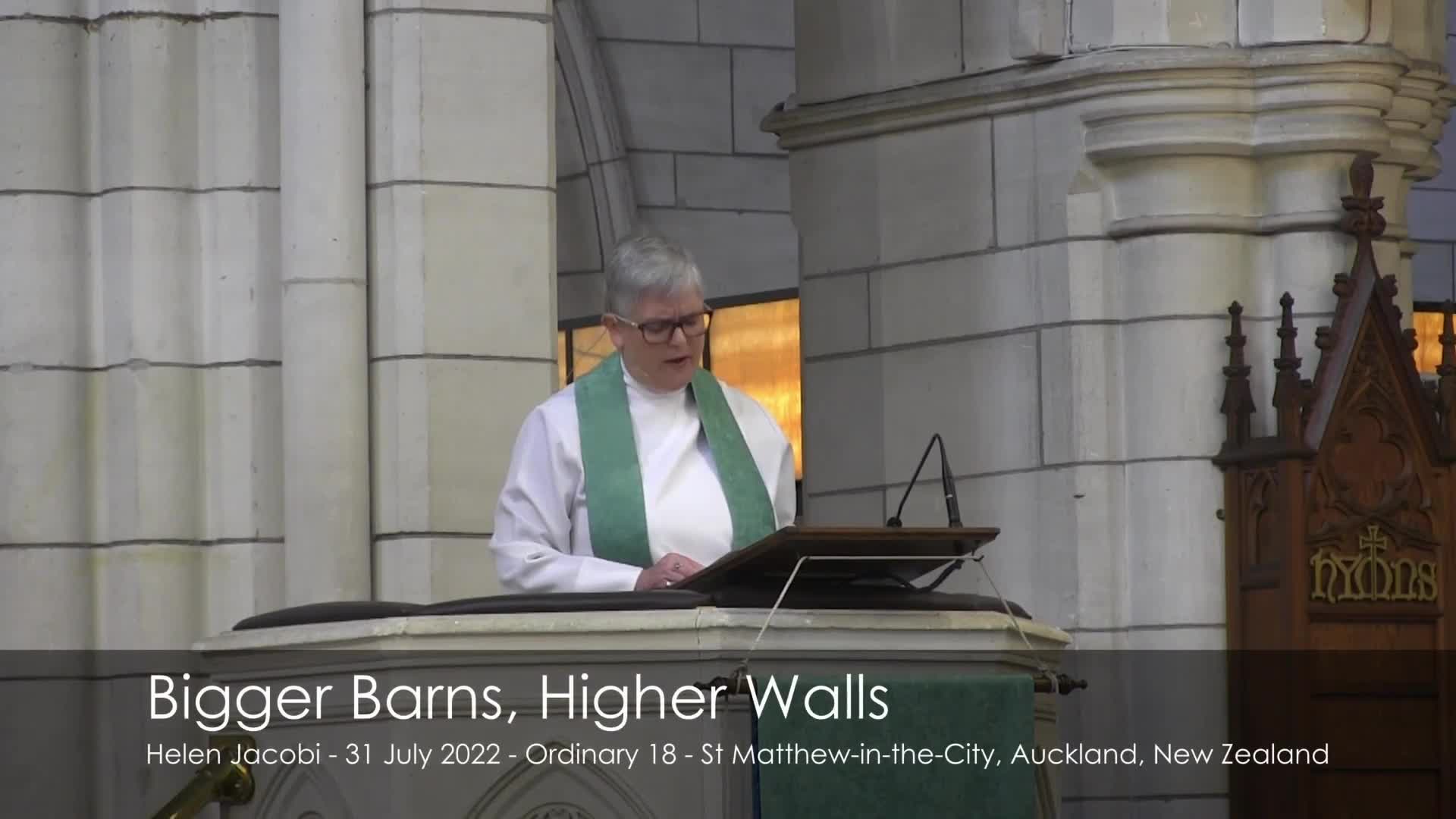
Lambeth Woes: Bigger barns, Higher Walls
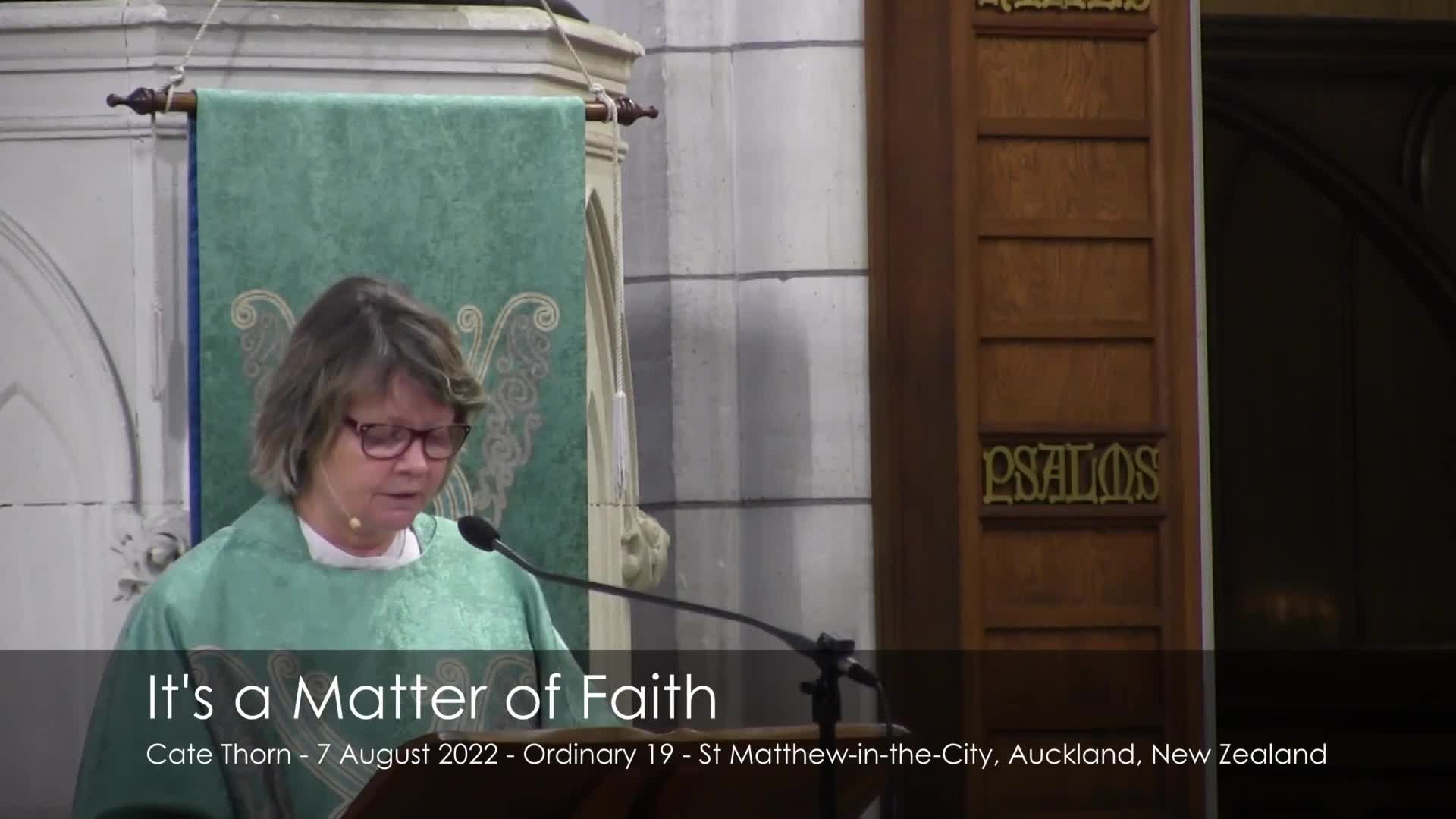
What is faith?

Facing death
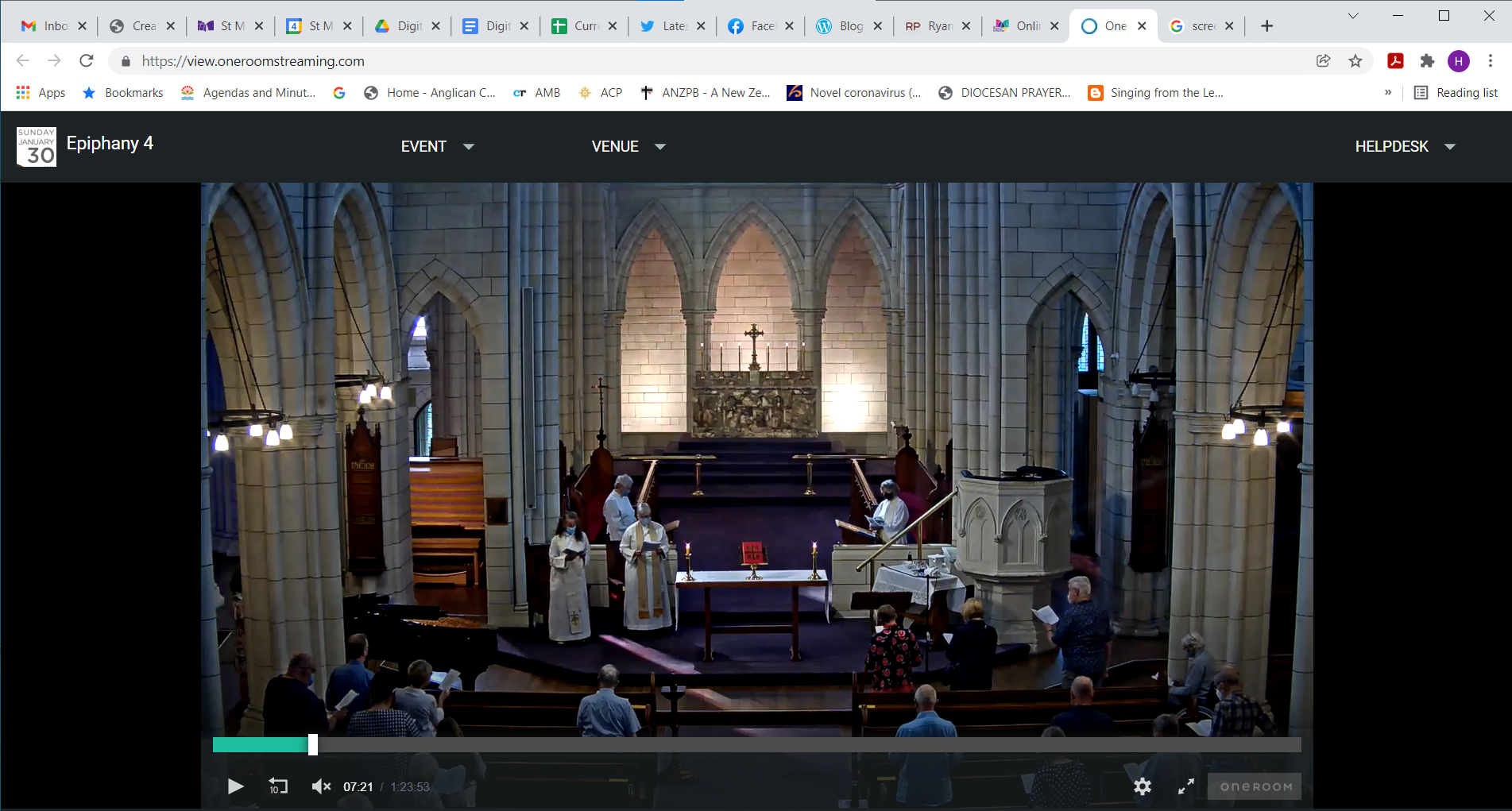
Hybrid worship

City Mission work

Pentecost
